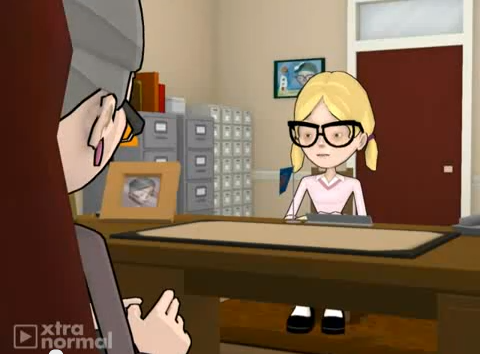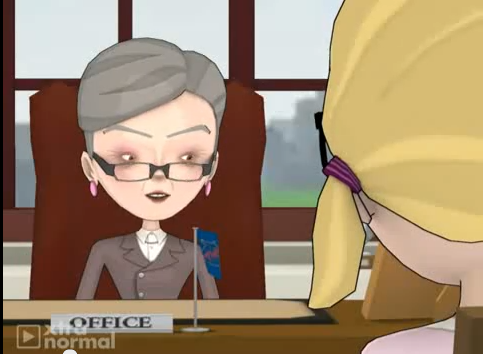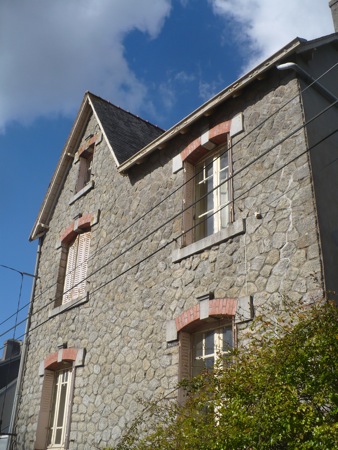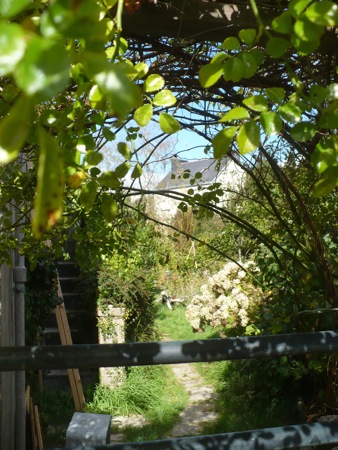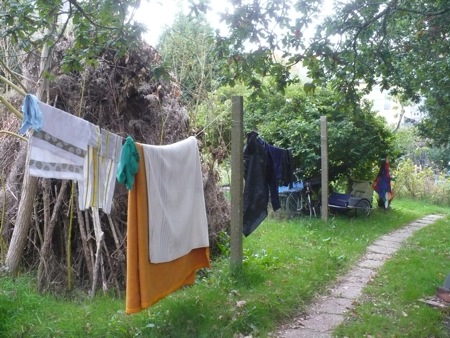Jeffrey Williams wrote in his excellent essay Smart that academics’ hands are remarkable for their contrast with working-class hands:
My father has a disconcerting habit, especially for people who don’t know him, of pointing to things with his right pinky. Why it’s disconcerting is that his pinky is only a stub. Its top half was sheared off on a conveyor belt while he was working in a feed mill that supplied the many duck farms then dotting a good part of Long Island east of Queens. As a teenager in the early 40s, he loaded eighty-pound bags of feed, then after coming back from driving a half-track across Africa, Italy, and Germany, he forewent the GI Bill to drive a tractor trailer delivering those eighty-pound bags to the duck farmers. While Long Island metamorphosed from farms to suburbs, he took a job as a dispatcher—as he puts it, telling the truckers where to go—at a cement plant that flourished with all the building.
When I was an undergraduate at Stony Brook, founded with the sluiceway of postwar money to universities and serving the people in the new suburbs, I would sometimes show up at the office hours of a well-known Renaissance scholar and Shakespeare critic. He was born the same year as my father and also served in World War II, but after the war signed on for the GI Bill to get through the University of Chicago. He always seemed surprised to see someone appear at his door; he was tough-minded, with a neo-Aristotelian, analytical edge common to Chicagoans of his generation, which put some students of my generation off, but I saw the gleam of ironic humor underneath, plus I liked the challenge. He would typically fuss with his pipe (this was when professors still really smoked pipes, and in their offices) while we were talking. One afternoon in his office, watching him light his pipe, I remember noticing that his fingernails were remarkably long, and polished to a low gloss.
If you’ve ever done what used to be called manual labor for any extended period of time, you’ll know it’s hell on your hands. Or if you’ve ever read Life in the Iron Mills, you’ll realize that class is not just a question of what money you have or don’t have, nor solely a question of status conferred by cultural capital, but that it marks your body. If you look at most fellow academics’ hands, you’ll rarely see calluses.
But personally, if I look at most academics’ hands nowadays, ten years after Williams was writing, I mainly see the capacity to feel pain. The whole image of ourselves as “mental laborers” all too easily leads us to undertheorize the fact that our work process consists largely of interacting with machines. We are professional machine operators, even if we don’t think of it that way, because our work process is computerized: we operate computers for a living. That’s not the only thing academics do, to be sure, but it takes up a great deal of our time, as reading, writing, research, grading, and communicating all get redirected into digital formats.
And these machines can readily damage our bodies. Particularly our hands.
